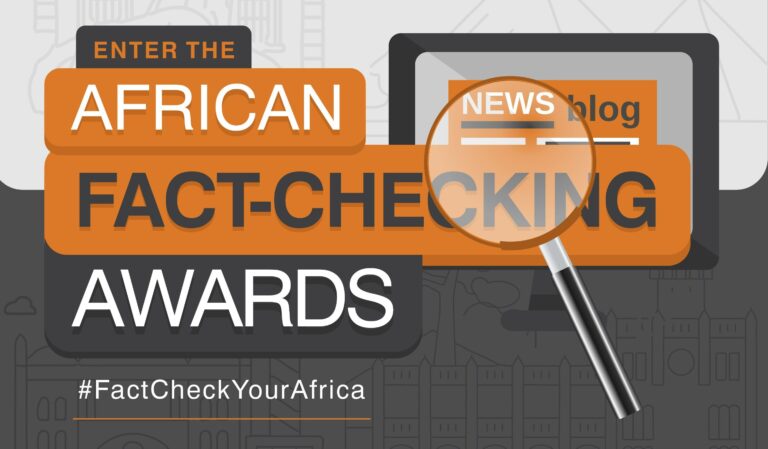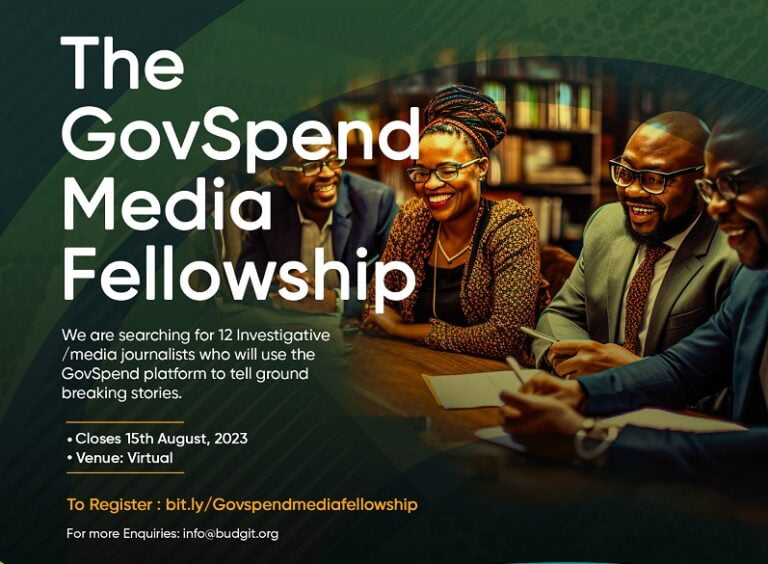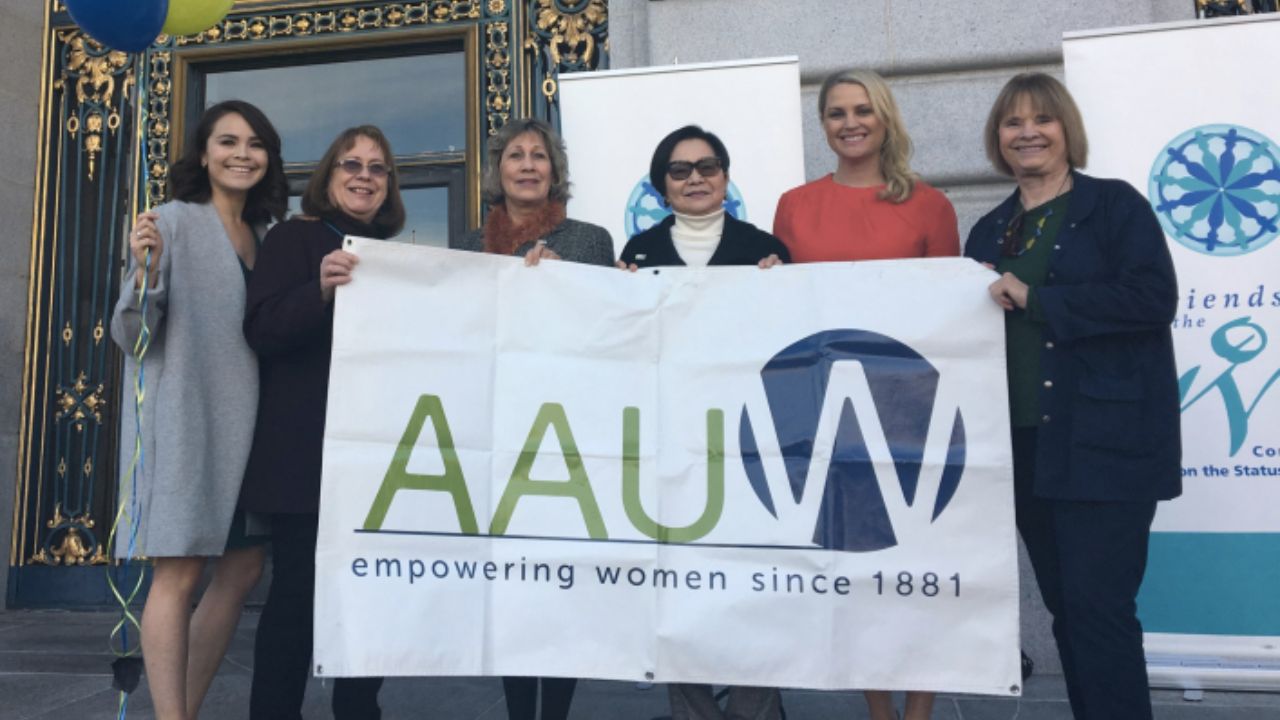African Fact-Checking Awards 2023 |$3,000 cash prize
The African Fact-Checking Awards 2023 are now accepting applications. The African Fact-Checking Awards, Africa’s longest-running awards program honoring fact-checking journalism by African media, are in their eleventh year.
The awards are divided into three categories, each with a winner and a runner-up. The categories are as follows:
- Fact-Check of the Year by a Working Journalist
- Fact-Check of the Year by a Professional Fact-Checker
- Fact-Check of the Year by a Student Journalist
African Fact-Checking Awards 2023 Awards
- The winners of the working journalist and professional fact-checker categories will each get a prize of US$3,000. The runners-up will receive $1,500. The winner of the student journalist category will be awarded $2,000, and the runner-up $1,000.
African Fact-Checking Awards 2023 Eligibility
- Open to journalists, journalism students, and professional fact-checkers – across the continent.
- Entries must have been first published or broadcast in the period from July 1, 2022 to June 30, 2023.
- Be the original work of the individual or team identified in the entry form as the author.
- Expose a claim on an important topic that originated in or is relevant to Africa as misleading or wrong.
- Fact-checks can be published/broadcast in any language, but entry forms must be completed in either English or French. However, should the fact-checking report not be in English or French, a written translation must be submitted with the entry.
African Fact-Checking Awards 2023 Judging Criteria
Entries are judged based on the following criteria:
- Significance: The significance for wider society of the claim/statement investigated. How much does the topic matter to society at large and how serious could the consequences be if the claim wasn’t fact-checked?
- Testing: How was the claim tested against the available evidence? Fact-checkers must take a long, hard look at the claim/statement that was made. Fact-checking entails rigorously sifting through the publicly available evidence for and against the claim. This should be done in a way that is fair to the person or institution who made the claim and strict in assessing the evidence.
- Presentation: How well does the piece present the evidence for and against the claim? A good fact-checking report is structured in such a way that it’s understandable and makes the topic accessible to the widest possible public.
- Impact: The impact that the fact-check had on public debate on the topic. Did it lead to a correction, did it have significant reach, or was it shared by other organisations or members of the media, for instance?
Deadline: June 30, 2023
Apply here
For more information, visit African Fact-Checking Awards.
ALSO APPLY:
- Call for Applications: SRHIN Health Equity Champions Program 2023
- UNESCO International Fund for Cultural Diversity 2023 |up to $100,000
- Research Grant Program by The Internet Society Foundation |Funding up to US$500,000
- IFAD Agrihub Nigeria Youth Agripreneurship Apprenticeship Program (YAAP) 2023 for young Nigerians
- VC4A Venture Showcase Africa 2023 for African Founders
Never miss an opportunity Join our WHATSAPP GROUP OR WHATSAPP 2
Join our TELEGRAM GROUP














